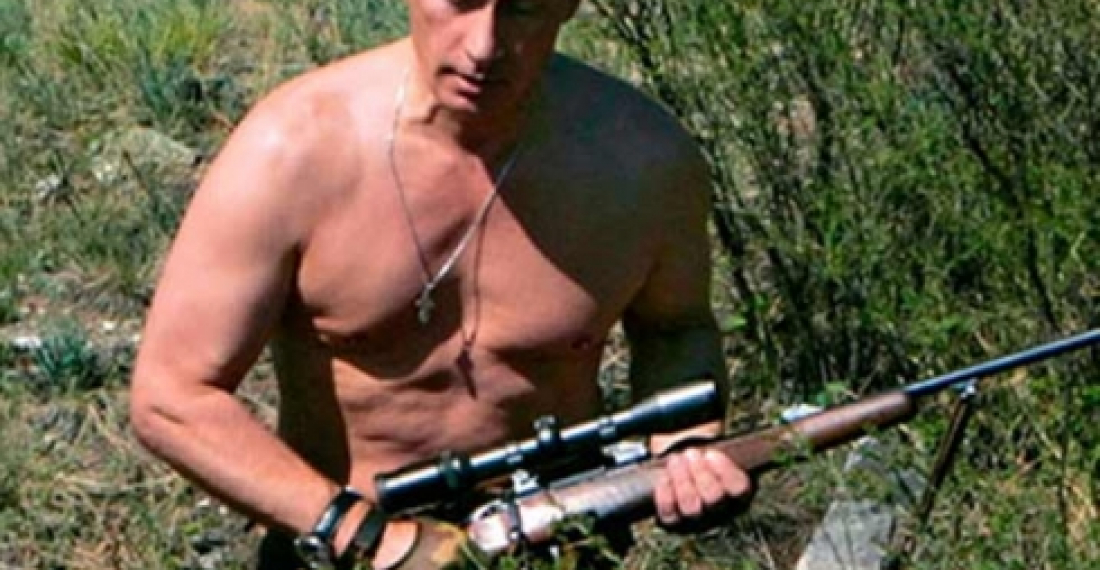It has now been confirmed that the Presidents of Armenia and Azerbaijan will meet tomorrow (Sunday, 10 August) in Sochi under the auspices of the Russian President Vladimir Putin. The meeting comes after more than ten days of violence on the line of contact and international border separating Armenian and Azerbaijani forces, which has seen dozens of people killed and wounded. Both sides have been using blood-curling language in the war of words that has accompanied the fighting on the ground. The background to the Sochi talks is as a result tense and very difficult.
One can therefore only admire President Putin for bringing the two Presidents together, and wish him success in his endeavour. Blessed are the peacemakers!
The Russian President's motives however may not all be altruistic. A conflict between Armenia and Azerbaijan at this point will be inconvenient for Russia. However, having supplied both sides with billions of dollars-worth of modern weapons over the last few years President Putin will now have to make sure that they do not use them against each other. Well not too much anyway. But like when you give a child a toy, you cannot then expect him not to play with it.
The Karabakh problem has also become a serious obstacle to President Putin's grand design for building a Eurasian Union. Azerbaijan has raised serious questions about the proposed Armenian membership, and particularly the status of Nagorno-Karabakh itself within the common customs space of the Union. Kazakhstan and Belarus, the other two members of the Eurasian Union, to different degrees and in different ways, have echoed the Azerbaijani concerns. Putin's ultimate aim is to get both Armenia and Azerbaijan into the Eurasian Union. The only chance that can happen is if an arrangement on Karabakh can be worked out first. That seems a far off prospect. Putin will use his usual charm - which is very different from that of his predecessor Dimitri Medvedev, who also tried to deal with the problem after 2008. Putin's charm usually comes with a generous doze of arms twisting. If he cannot get both countries to join Putin will want to make sure that at least the Armenian membership now proceeds without further delays.
Absent in Sochi will be the cuadrilla of the OSCE Minsk Group co-Chair and the Special Representative of the OSCE Chairman. They have been unceremoniously excluded from the process. So much for all the statements of the international community, recognising the Minsk Process as the sole negotiating forum for resolving the Nagorno-Karabakh conflict. However if the Sochi meeting succeeds, the demise of the Minsk Group will be a very cheap price to pay. That unfortunately is unlikely. There may be some movement to please Mr Putin, and also to unblock any obstacles about the Armenian membership of the Eurasian Union. If things are really good there may even be a statement, as was in November 2008 in Moscow. The real proof of success will however be the situation on the ground. That is where Mr Putin's power of persuasion will be tested.
This commentary was prepared by the political editor of commonspace.eu
Photo: President Putin of Russia hunting with a sniper gun. (archive picture)







